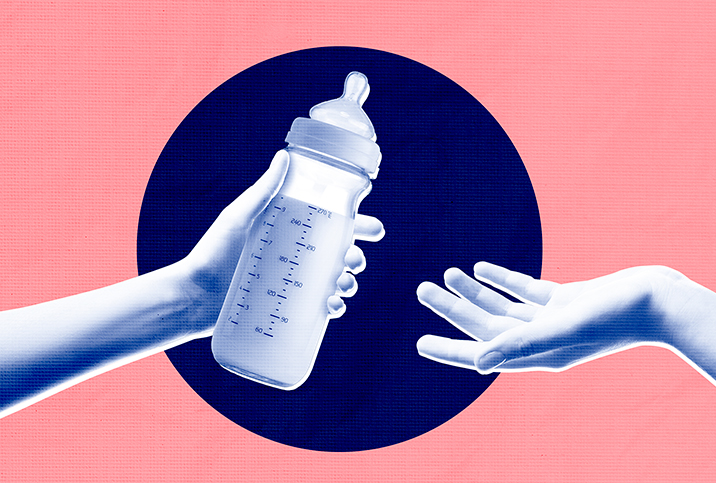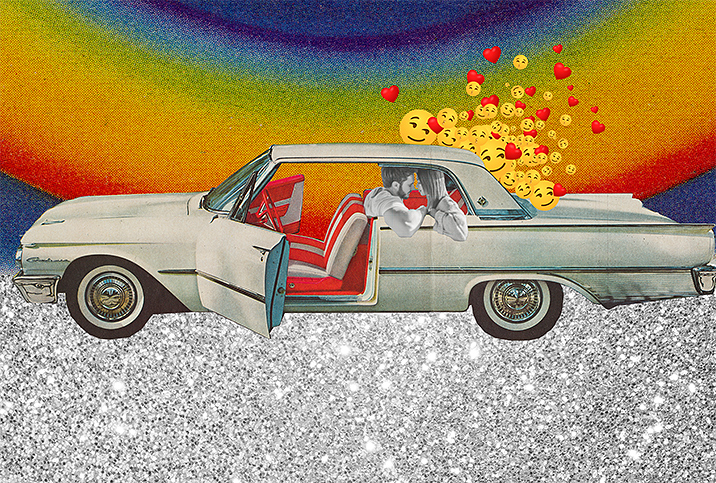There are few life changes as seismic as becoming a mother. The time frame immediately after birth, commonly known as the postpartum period, can be both magical and surprisingly difficult for some new mothers.
While many people expect the postpartum period to be filled with joy and wonder, it can also come with low moods and, in some cases, more serious mental health concerns such as depression. Depression is hard for anyone, but for new mothers, it can also lead to feelings of confusion, guilt and isolation.
Whether you're preparing to give birth or you've recently had a child, this guide can give you the facts about what really happens during the postpartum period.













